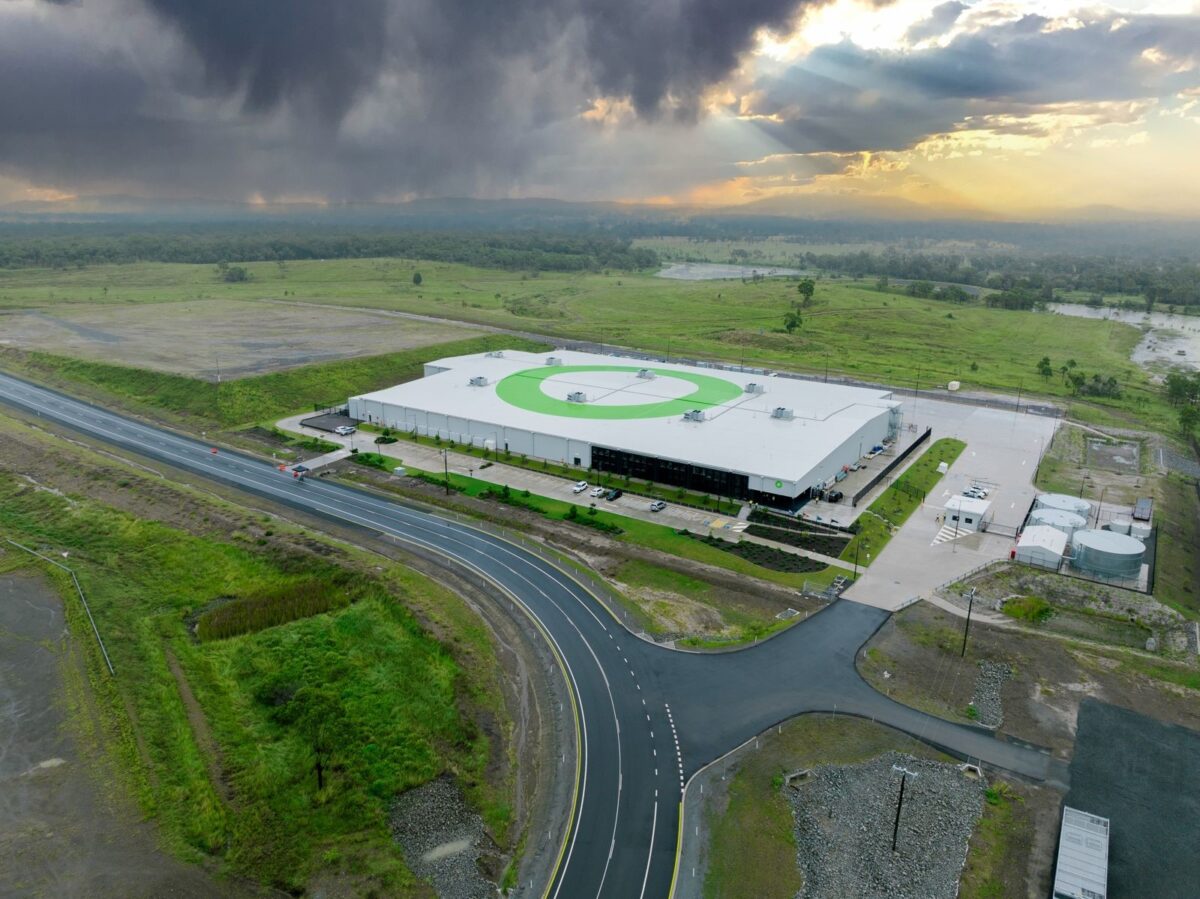Fortescue founder and Executive Chairman Andrew Forrest has announced plans to cut about 700 jobs across the Australian iron ore mining and clean energy company by the end of the month as part of a restructure that also includes a scaling back in the development of its green hydrogen business.
Fortescue has long touted its goal to produce 15 million tonnes of green hydrogen per year by 2030 but Forrest – who has been an ardent supporter of renewable hydrogen as a clean fuel source for industry as it decarbonises – has revealed that he is slowing those plans, citing high global energy prices.
“In that environment you’re not going to bring in major sources of green hydrogen, which relies on cheap energy prices,” he told reporters. “We are not going to swim against the tide.”
Forrest said the company remained “absolutely resolute” in its commitment to its clean energy ambitions but would in the immediate future refocus on generating renewable electricity.
“We’re going to stay where we know we can win, and that’s green electricity. Nothing beats green electricity,” he said.
Forrest added that Fortescue would eventually achieve its 15 million tonnes of green hydrogen production pe year and insisted the company retains a “laser focus” on achieving its real zero goal globally by 2030 without relying on carbon offsets.
Fortescue’s pivot shapes as a setback for the federal government’s own ambitions after it committed more than $8 billion (USD 5.3 billion) in its 2024-25 budget to support renewable hydrogen production. This included $2 billion to expand the existing Hydrogen Headstart program and $6.7 billion to establish a hydrogen production tax incentive that provides $2 per kilogram for green hydrogen produced between 2027-28 and 2039-40.
Despite the Fortescue announcement, Prime Minister Anthony Albanese insisted green hydrogen has an important role to play in Australia’s energy future and his government’s energy plan remains on track.
“We want to make sure that we deliver the clean energy that Australia needs and that when coal-fired power stations close, as they’ve announced their closure, there isn’t a gap in the energy security that Australia needs,” he said.
“That’s why we need a real plan that’s fully costed, and that’s being rolled out with the certainty being provided for investment.”
Forrest, who said the Fortescue restructure would ensure the company remains “lean, impactful and agile,” emphasised that he still believes green hydrogen has a key role to play in decarbonising hard-to-abate industries.
“This is something which I genuinely believe in,” he said. “We’re not pulling back. We just have to work out now how to produce it cheaply enough.”
It is expected Fortescue will now rethink some of its proposed projects with the Gibson Island project in Queensland and another planned for near Whyalla in South Australia among those to be put on the backburner.
Company representatives have indicated Fortescue will focus its green hydrogen on a handful of projects including a $150 million project near Gladstone in Queensland that is due to construction this year, a green iron project in Western Australia’s Pilbara, and a green hydrogen in the United States. Fortescue reached final investment decisions on all three last year. Two other green hydrogen project in Brazil and Norway remain under consideration.
Fortescue is also set to continue making hydrogen electrolysers at its Gladstone manufacturing facility that commenced operations earlier this year.
This content is protected by copyright and may not be reused. If you want to cooperate with us and would like to reuse some of our content, please contact: editors@pv-magazine.com.









By submitting this form you agree to pv magazine using your data for the purposes of publishing your comment.
Your personal data will only be disclosed or otherwise transmitted to third parties for the purposes of spam filtering or if this is necessary for technical maintenance of the website. Any other transfer to third parties will not take place unless this is justified on the basis of applicable data protection regulations or if pv magazine is legally obliged to do so.
You may revoke this consent at any time with effect for the future, in which case your personal data will be deleted immediately. Otherwise, your data will be deleted if pv magazine has processed your request or the purpose of data storage is fulfilled.
Further information on data privacy can be found in our Data Protection Policy.